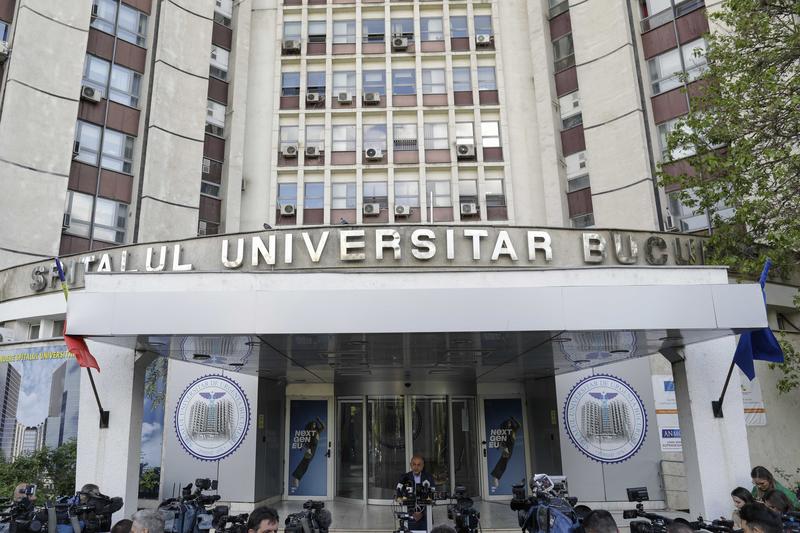Romania made some progress in its fight against corruption but needs to accelerate trials involving high corruption cases and consolidate the general anti-corruption policy until this summer when the next evaluation of the European Commission is expected, the report on Romania’s justice system reads, released on Friday by the European Commission.
The main conclusions of the report:
- By the next evaluation in the summer of 2011, Romania should focus on launching an independent evaluation of the judiciary, reform the disciplinary system of the magistrates, accelerate high corruption cases and consolidate its general anti-corruption policy In the last six months, the anti graft prosecutors maintained their convincing results regarding high corruption investigations.
- There was an increase of non-final sentences and an independent impact analysis on the two anti-corruption strategies was launched. Even so, there were no important evolutions regarding high corruption cases since the last evaluation report.
- To consolidate the moment, Romania needs to prepare to implement the four judicial codes, the document reads EC acknowledges the adoption of an improved law on the National Integrity Agency. However, the Parliament decreased the budget of the agency due to general budgetary constraints and the Parliament blocked several cases against politicians suspected of high corruption.
- The Superior Council of Magistracy elections were shadowed by their contestation in justice and lead to the annulment of four members by the Constitutional Court.
- As the new members of the Council take over, they have an important opportunity for transparency and collaboration with the political and judicial actors, the report reads EC also acknowledges the small reform in justice law, whose aim is to accelerate judicial procedures, cutting trial durations and implementing some of the reforms in the new Codes
- EC shows that Romania needs to make efforts to ensure that the files in courts are published in a database user friendly in which searches are done without difficulty.
- Anti graft prosecutors continued to obtain good results in cases investigating high corruption cases, sending to court a significant number of persons, including a member of the European Parliament, three former ministers, two former state secretaries and several magistrates However, the report reminds readers that the Romanian Parliament cast a negative vote regarding the Ridzi case and Pasat case, two Democratic Liberal Party deputies thus denying the request of anti-graft prosecutors to indict them.
- The report underlines that anti graft prosecutors also made penal investigations against customs and police officers, which lead to a massive anti-corruption raid at Romania’s customs which concretized in plenty of arrests. The report reads about the importance of human resources to occupy the vacant positions.



















